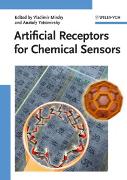The selective binding of a particular compound to another is a lockand-key principle omnipresent in living organisms and an indispensable
means of information transport and triggering responses. Derived from the biological archetype, synthetic receptors imitate nature`s idea
for tailor-made functionalities such as detection (sensing), signaling, and triggering. This book provides systematically organized information
on all three important aspects of artifi cial receptor design as well as the knowledge on an exceptionally hot and multidisciplinary field of
research. Strong emphasis is placed on the methodology for discovering artificial receptors, with both defi nitions for chemosensitivity as
well as experimental setups supplied. Numerous classes of artificial receptors are covered, as well as their synthesis, immobilization on
surfaces, and quantitative data on their properties. The fi nal chapter with all relevant quantitative data on artifi cial receptors complete this
well-rounded book.


